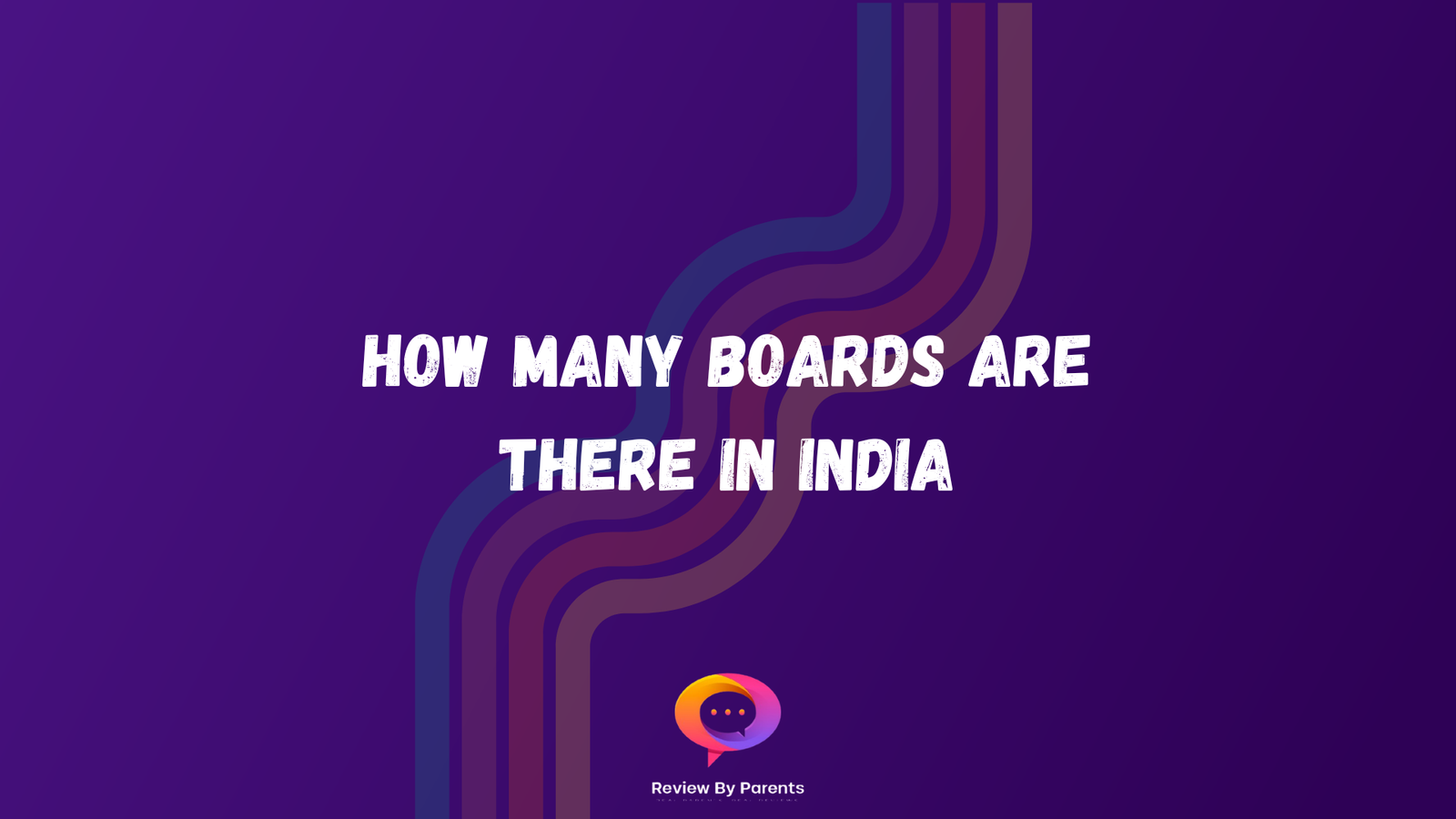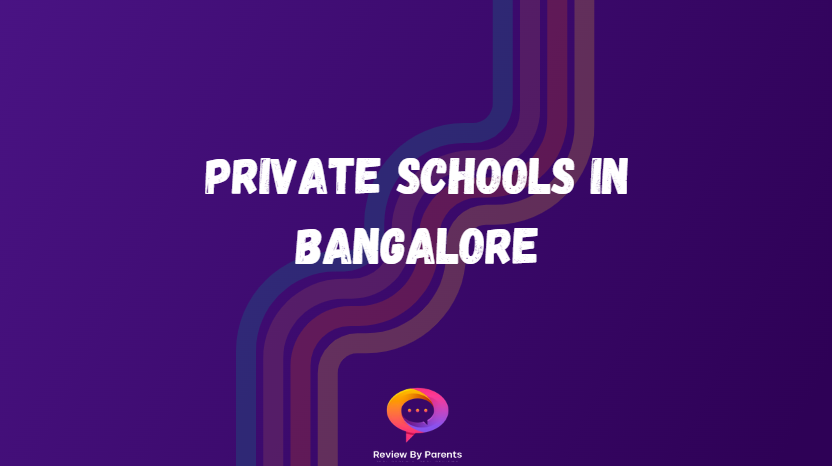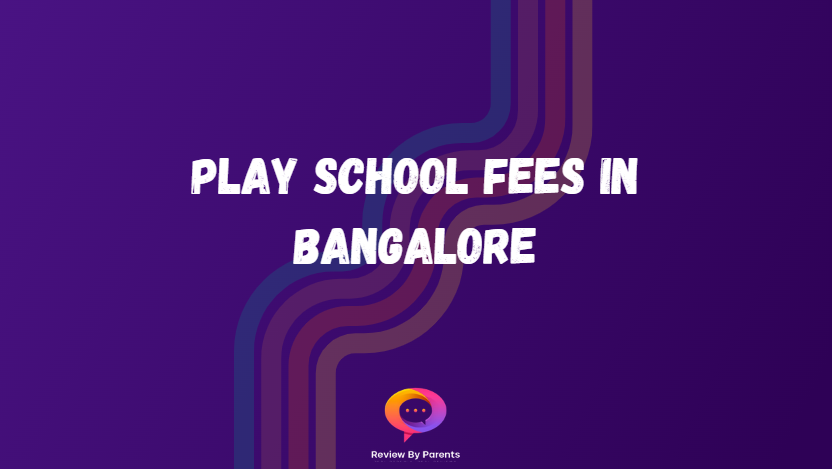

How many boards are there in India
India, a diverse nation with 28 states, 7 union territories, and 23 official languages, boasts a distinctive education system with a variety of national and state-level education boards. Currently, the main educational boards in India include CISCE, IB, CBSE, and various State Boards. Known for delivering quality education, these boards have consistently evolved to meet modern educational standards. In recent years, several innovative and progressive education boards have also gained popularity across the country. In this blog, we’ll explore the different education boards available in India.
Top Boards in India:
- State Boards
- Central Board of Secondary Education (CBSE)
- Indian Certificate of Secondary Education (ICSE)
- Council for the Indian School Certificate Examination (CISCE)
- National Institute of Open Schooling (NIOS)
- International Baccalaureate (IB)
- Cambridge International Examinations (CIE)
In addition to these established boards, several newer, progressive boards have emerged. These innovative boards incorporate modern learning approaches, including experiential learning, digital integration, and a focus on holistic development. They aim to foster creativity, problem-solving, and adaptability, qualities essential for students navigating the challenges of the 21st century.
State Boards
State Boards in India are distinct to each state, with individual syllabi and grading systems that vary considerably across the country. As one of the primary educational options, each state board tailors its curriculum to align with regional priorities and interests. This state-specific approach includes subjects that are crucial for local engineering and medical entrance exams, giving students a competitive edge in these areas.
Unlike national boards, the State Boards typically maintain a narrower syllabus. They focus on subjects of local importance, including regional languages, culture, and heritage. Several state boards have mandated the exclusive use of NCERT textbooks in schools. This better prepares students for national-level exams like the NEET and JEE by aligning with pan-India academic standards. This blend of localized education with some standardized material provides a unique balance of regional and broader national needs.
This Board is preferred by:
- Civil Service Examination Candidates.
- Parents who want their ward to continue to study at a university closer to home.
- Parents who want their ward to be part of local culture and traditions.
- Parents who want to pay reasonably affordable fees.
Central Board of Secondary Education (CBSE)
The Central Board of Secondary Education (CBSE) is one of the most recognized and widely followed education boards in India. Known for its structured approach, CBSE is implemented by numerous public and private schools nationwide, making it the go-to choice for many families. As a national-level board, CBSE offers a standardized curriculum that prepares students for both national and international exams.
CBSE provides flexibility for both regular and private candidates, including those in distance learning, to register and take exams, ensuring broader accessibility. After completing Grade 10, students can choose from a variety of streams like science, commerce, and humanities. This enables them to specialize based on their interests and career aspirations. Following Grade 12, CBSE graduates have numerous opportunities to apply to universities for higher education across diverse fields. CBSE’s focus on foundational subjects like science and mathematics makes it popular among students aiming for competitive exams.
This Board is preferred by:
- Parents of students whose jobs need them to travel across India because it’s likely to change different schools
- Students who wish to study overseas in CBSE schools. Teaching methods can vary between countries.
- Parents who wish to have a common ground in terms of expenses between state boards and IB/ICSE
Indian Certificate of Secondary Education (ICSE)
The Indian Certificate of Secondary Education (ICSE) is a renowned educational program managed by the Council for the Indian School Certificate Examinations (CISCE), a private educational board in India. This board emphasizes a practical and theory-based learning approach, aims to provide a well-rounded education. Aligned with India’s 1986 New Education Policy, ICSE conducts assessments solely in English, emphasizing students’ language proficiency and depth.
Students taking the ICSE exam are required to study six subjects, with one to three papers per subject, leading to a total of eight to eleven exams. The board evaluates the best five subjects, but English is mandatory and holds significant weight in the scoring. Known for its rigorous curriculum, ICSE places a strong emphasis on the analytical and foundational understanding of concepts, preparing students for diverse academic and professional paths.
The ICSE Board offers a well-rounded educational experience, focusing on the holistic development of students. It ensures equal emphasis on all subjects, allowing students to explore a wide range of topics. This balanced approach includes not just academic subjects but also a fair representation of languages, arts, and humanities, creating a comprehensive and integrated learning environment.
A key feature of the ICSE curriculum is its emphasis on English as the medium of instruction. This reflects a commitment to developing strong language skills, which are essential for students aiming for higher education, especially abroad.
This Board is preferred by:
- Parents with transferable jobs: ICSE’s nationwide recognition makes it a popular choice for parents whose jobs require them to move across different states.
- Parents aiming for international education: For students aspiring to study abroad, ICSE’s focus on English proficiency and diverse subjects provides an excellent foundation for global academic opportunities.
- Students interested in STEM: The ICSE board’s rigorous curriculum and emphasis on analytical thinking make it a preferred choice for students who wish to pursue STEM (Science, Technology, Engineering, and Mathematics) disciplines in higher education.
Indian Certificate of Secondary Education (ICSE)
The Council for the Indian School Certificate Examinations (CISCE) is a private national education board in India, established in 1958. It oversees two major exams: the Indian Certificate of Secondary Education (ICSE) for Class 10 and the Indian School Certificate (ISC) for Class 12. With over 2,100 affiliated schools in India and abroad, CISCE has a significant presence in the Indian education landscape. The board conducts assessments for Classes 10 and 12 every year, typically in February and March, with exams designed exclusively for regular students.
One of the primary objectives of the ICSE curriculum, under CISCE, is to provide high-quality education through a well-rounded and rational approach. Students are offered a diverse range of subjects, with a balanced emphasis on science, humanities, and languages, especially English. This flexibility allows students to choose from various streams in Class 12, catering to their individual interests and career aspirations. The ICSE syllabus, as part of CISCE, aims to foster a comprehensive and analytical learning experience, preparing students for higher education and professional success.
This Board is preferred by:
- Students who prefer practical learning: It focuses on hands-on education alongside theoretical concepts.
- Humanities and language enthusiasts: The curriculum offers strong emphasis on languages and the arts.
- Families with transferable jobs: ICSE’s widespread recognition allows smooth transitions between schools in India and abroad.
- Parents aiming for international education: ICSE great for overseas studies, recognized by global institutions like Cambridge International Exams
- .Cost-conscious parents: ICSE offers a more affordable international-standard education compared to CIE.
National Institute of Open Schooling (NIOS)
The National Institute of Open Schooling (NIOS) aims to create a flexible and accessible educational system for all students, making it one of the most student-friendly boards in India. Focused on a child-centric approach, NIOS empowers students to decide what, how, and when to study. As a national board, it conducts secondary and senior secondary exams comparable to those of CBSE and CISCE and even offers some post-secondary courses.
With around 350,000 students enrolling annually, NIOS is among the largest open schooling systems in India. It conducts examinations twice a year, typically in March/April and September/October, to offer multiple opportunities for students to complete their studies at their own pace.
Open Basic Education (OBE) under NIOS offers primary education equivalent to grades 3 to 8, covering foundational subjects like mathematics, earth sciences, and computer literacy. For Grade 10, students select subjects from two core categories, including at least five subjects and one language. By Grade 12, students can choose from expanded streams in commerce, science, and humanities, organized into five subject groups from which they can select one or two.
Additionally, NIOS provides vocational courses, particularly in commerce, alongside its main curriculum. The board conducts OBE exams and also offers secondary and senior secondary exams, allowing students up to five years to complete their education flexibly.
This Board is preferred by:
- Students in remote and rural areas
- Students who intend to finish their studies later on in life
- Students who want to study in a self-improved atmosphere
International Baccalaureate (IB)
The International Baccalaureate (IB) is a prestigious, non-profit educational organization providing top-tier academic programs for students aged 3 to 19. Headquarter in Geneva, Switzerland, IB is internationally recognized, with over 3,500 affiliated schools in 144 countries. Known for its rigorous and holistic approach, the IB curriculum is structured into three main programs: the Primary Years Program (KG to Class 5), the Middle Years Program (Class 6 to Class 10), and the Diploma Program (Class 11 and Class 12).
The IB curriculum emphasizes critical thinking, interdisciplinary learning, and the development of skills across languages, arts, and humanities. Subjects are in an interconnected manner to foster a cohesive understanding rather than a fragmented approach to learning. This structure is particularly appealing for students planning to study abroad, as it allows seamless university applications across countries without the need for multiple entrance exams.
In India, IB schools are regarded as prestigious and are typically favored by parents who prioritize an internationally recognized education, particularly for families considering future moves abroad.
This Board is preferred by:
- Students who wish to perform highly in critical analysis
- Students who can deal with challenging academic work
- Students hoping to explore and pursue their education overseas, perhaps with parents who have careers that will take them abroad.
- Parents who are prepared to pay high fees
Cambridge International Examinations (CIE)
Established in 1858, Cambridge International Examinations (CIE) provides globally recognized qualifications to over 10,000 schools across 160 countries. CIE credentials are accepted by universities worldwide, including top institutions in the UK (such as Oxford and Cambridge), the United States (all Ivy League schools), Canada, the European Union, the Middle East, and parts of Asia, including India and neighboring countries like Pakistan and Sri Lanka. As one of the preferred educational boards in India, CIE is highly regarded for its international acceptance and educational quality.
- Innovative Learning Approaches: CIE employs teaching methods designed to help students learn and develop skills in unique, engaging ways.
- Fostering Creativity: CIE emphasizes creative thinking and encourages students to explore beyond the classroom environment.
- Resourceful Teaching: Teachers have access to a wealth of resources, enhancing the learning experience and making lessons enjoyable and interactive for students.
- Key Examinations: Primary and secondary students can take Cambridge’s Main Stage exams, but the most significant certifications are the IGCSE, AS Level, and A-Level exams.
This Board is preferred by:
- Students who understand more in experience and practical approach than in theory
- Parents looking to travel overseas or to send their children abroad to study
- Parents are ready to pay increased expenses for foreign education.



